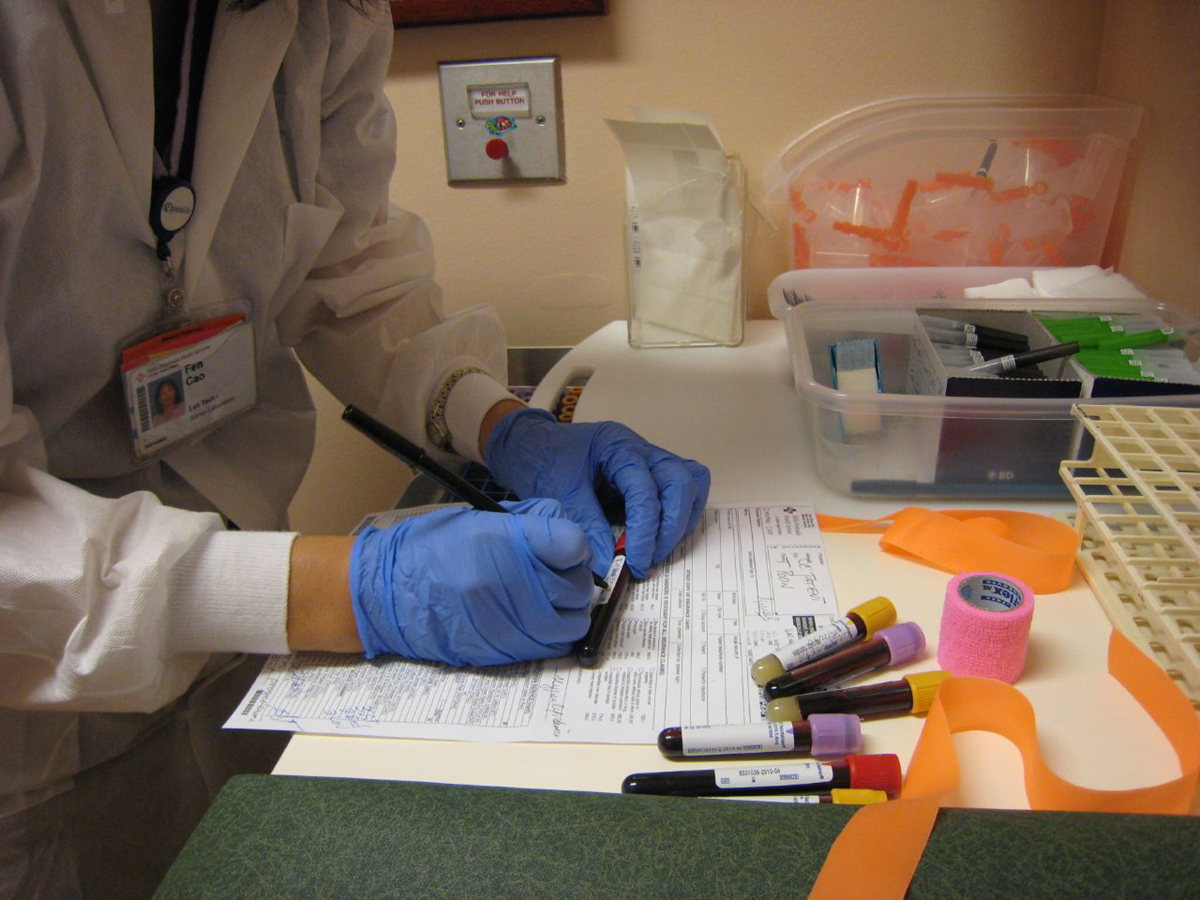Table of Contents
Cushing syndrome may be difficult to diagnose because some other diseases present with similar symptoms. Therefore, history and physical examination only point towards Cushing syndrome and the diagnosis needs to be confirmed with laboratory and imaging tests.
How Is Cushing Syndrome Diagnosed?
Tell your doctor if you are taking any steroid medications. After taking a closer look at your history and performing a physical examination, your doctor will have a good idea as to what your diagnosis may be.

The doctor will then order the following tests to confirm the diagnosis.
- Blood Cortisol levels: These are sensitive tests that detect the level of cortisol in your blood, which is understandably increased in a person with Cushing syndrome.
- You may be given a drug called dexamethasone before the test. Dexamethasone is a corticosteroid. In an otherwise healthy person, it will decrease cortisol levels due to negative feedback. If cortisol levels do not decrease, you may have Cushing syndrome. This is called a “dexamethasone suppression test”.
- Urine Test: For a urine cortisol test, you will be asked to collect your urine sample over a period of 24 hours. The sample is then submitted to the laboratory to analyze your cortisol levels.
- Saliva Test: In a healthy person, cortisol levels rise in the morning and drop very low in the night. However, Cushing syndrome patients have high cortisol levels at night. In this test, a sample of saliva is collected at midnight at home and delivered to the laboratory the next day.
These tests confirm the diagnosis of Cushing syndrome by detecting increased levels of cortisol. There are some other tests to determine the cause of Cushing syndrome, notably CT and MRI scans. These imaging techniques provide a full picture of your adrenal and pituitary glands. They can detect a growth or tumor of the pituitary or adrenal glands. These tests can determine the exact cause of Cushing syndrome.
Cushing Syndrome Treatment
If you have Cushing syndrome because of long-term use of corticosteroid medication, your doctor may lower the dose gradually. They may stop the steroid drug altogether and prescribe a non-corticosteroid drug. This should be done under medical supervision because lowering the dose suddenly can be dangerous.
If the cause of Cushing syndrome is a tumor of the adrenal or pituitary gland, surgical excision of the tumor is the best option. Surgical excision of pituitary tumors is done by a neurosurgeon. Adrenal gland surgery is performed by a general surgeon. The latest minimally invasive surgical techniques with small incisions are used these days. After the surgery, the patient is required to take hormone replacement therapy.
If the surgeon is unable to remove the tumor completely or if the tumor is too small, radiation therapy may be done. It is also commonly given as an adjuvant to surgery.
If both radiotherapy and surgery fail, then medications may be given to decrease the production or counter the effects of excessive cortisol.
READ Primary Prevention of Hypertension
If left untreated, Cushing syndrome may lead to diabetes, hypertension, frequent bone fractures due to osteoporosis and serious infections. If you experience the typical symptoms of Cushing syndrome, you should contact your doctor to prevent serious and life-threatening complications.
- Stewart PM, Krone NP. The adrenal cortex. In: Melmed S, Polonsky KS, Larsen PR, Kronenberg HM, eds.Williams Textbook of Endocrinology.
- Photo courtesy of Timsamoff via Flickr: www.flickr.com/photos/timsamoff
- Photo courtesy of Neeta Lind via Flickr: www.flickr.com/photos/neeta_lind/3571573765


Your thoughts on this